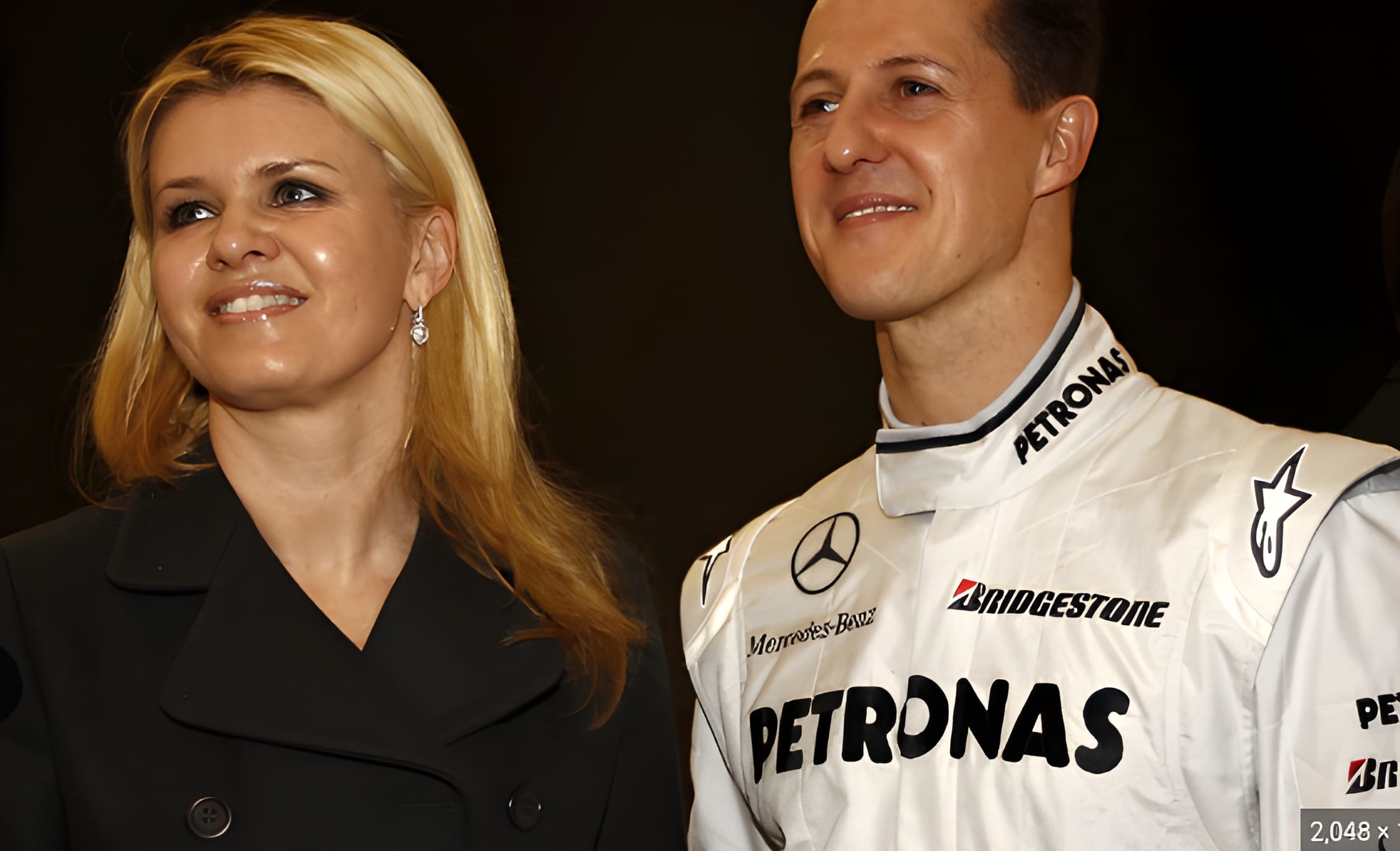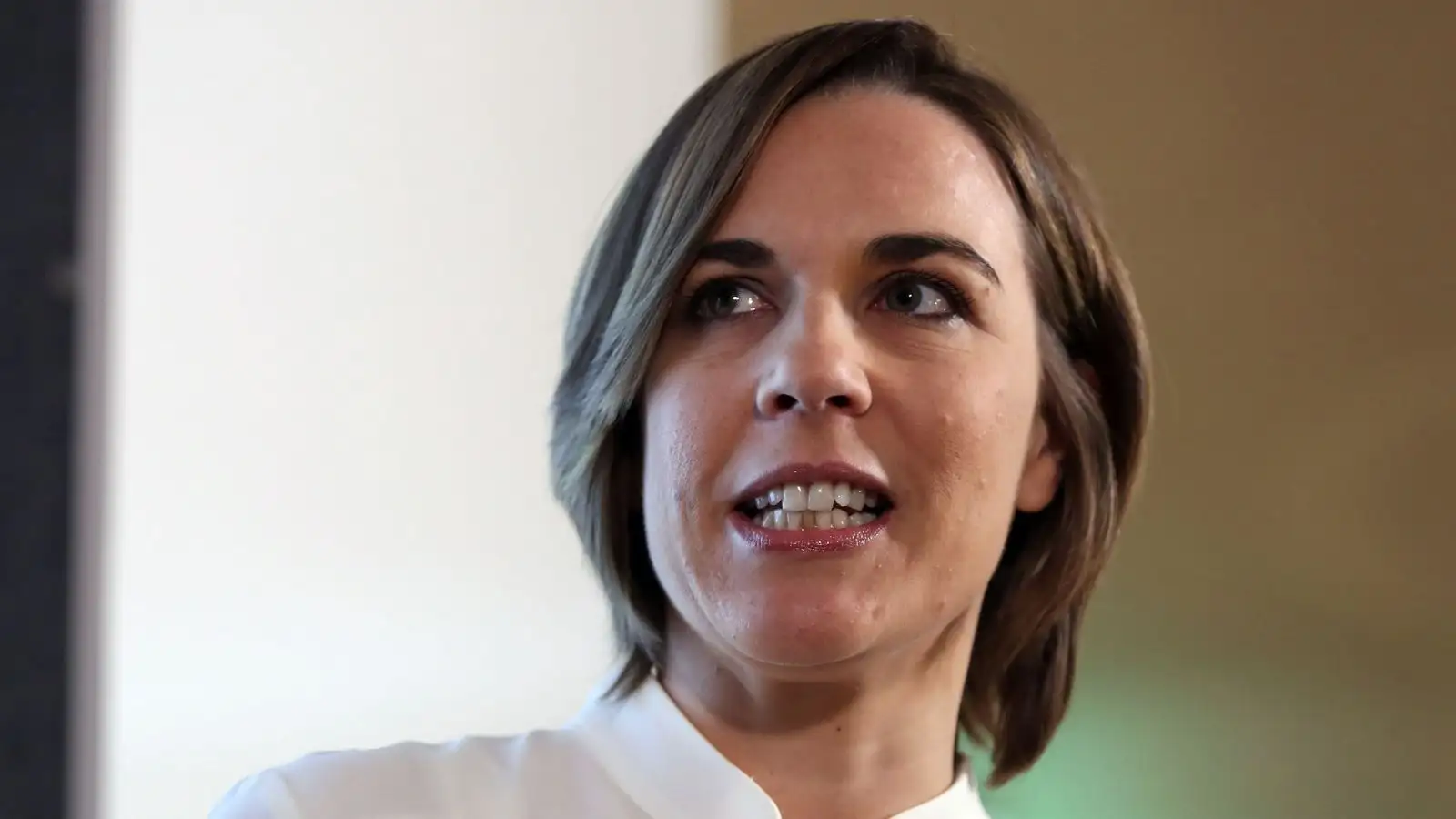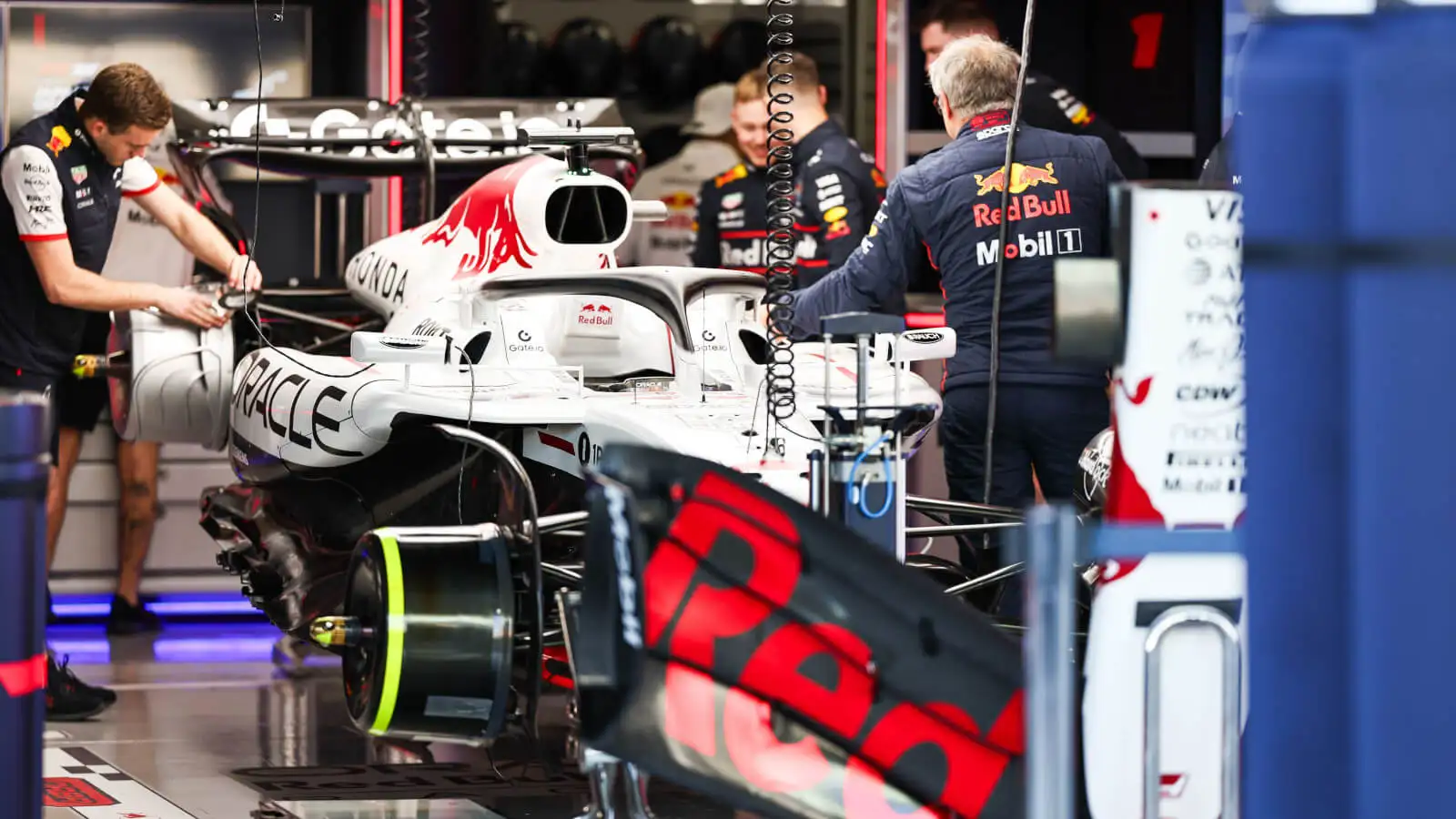Imagine waking up one day to find out that someone had made up a whole interview with you or a loved one and published it for the world to see. That’s exactly what happened to the family of Formula One legend, Michael Schumacher.
Back in December 2013, Michael Schumacher, a seven-time Formula One World Champion, had a serious accident while skiing in the French Alps at a resort called Méribel. Even though he was wearing a helmet, he hit his head on a rock, suffered severe brain injuries, and was rushed to a hospital. Since then, his family has kept his condition private.
Fast forward to April 2023, a German magazine called Die Aktuelle published what they claimed was an ‘exclusive’ interview with Schumacher. The story made a big splash, but it didn’t take long for people to realize it was all fake. The magazine had used artificial intelligence (AI) to create responses, pretending they were from Schumacher himself.
This not only upset the Schumacher family but also angered the entire racing community. Die Aktuelle’s editor-in-chief got fired as the public outrage grew. Schumacher’s wife, Corinna, has been very protective of his privacy since the accident, making sure that public eyes stay away from their personal lives. She, along with the family, decided to take legal action against the magazine’s publisher, Funke Mediengruppe.
A court in Munich recently ruled in favor of the Schumacher family, awarding them €200,000 in damages. This ruling sends a strong message about how seriously the law views the misuse of AI and false journalism. It also shows how important it is to stick to ethical standards in journalism, especially when it involves someone’s private life.
The fake interview not only caused emotional distress for the Schumacher family but also misled the fans who have been supportive throughout Michael’s recovery. The hashtag #KeepFightingMichael has become a symbol of hope for fans all over the world, who continue to cheer him on through social media and events.
With this legal victory, the Schumacher family hopes to put the painful incident behind them and continue focusing on Michael’s long-term recovery. This case also serves as a cautionary tale for media organizations to think twice before using technology irresponsibly.
While advancements in AI can bring fantastic benefits, this incident highlights that it must be handled with great care. The importance of ethical journalism can’t be overstated, and this case is a reminder to maintain high standards of truth and integrity in reporting.
In the end, the Schumacher family’s legal win is a milestone for personal privacy and ethical journalism. It shows that even in a digital world, truth and respect for individuals remain paramount. Michael Schumacher may be out of the public eye, but his legacy of resilience continues to inspire many.










